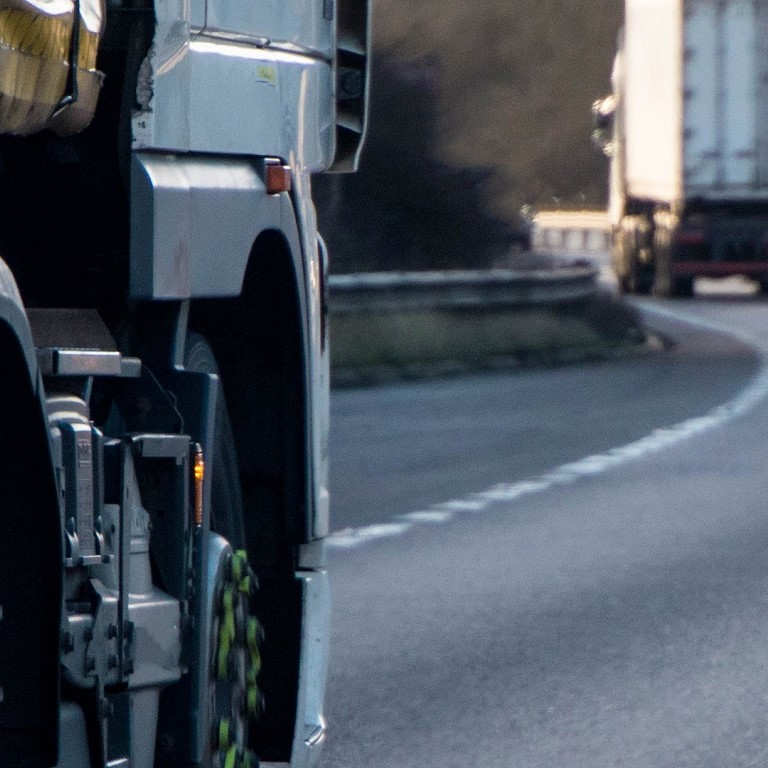Kevin Davies, Account Director, Harrogate and Alistair Macdonald, Account Executive, Harrogate.
Industrial and commercial machinery repair and maintenance costs are one of the major challenges facing manufacturers and precision engineers.
Increased repair and labour costs due to continued geopolitical and economic challenges, supply chain concerns, and rising raw materials are contributing to already thin margins for owner-operators. And with downstream businesses adopting more technologically advanced equipment, in a bid to seek operational efficiencies and gain competitive advantage. Industry operators need to train staff to repair and maintain these new types of machinery.1
Many businesses are therefore understandably looking at ways to cut costs. With some electing not to purchase, or even cancel insurance policies as it’s a cost they’re prepared to take a gamble on.
No one likes to spend more money than they have to, especially when it comes to insurance. But, insurance is there to protect you against unforeseen events. Taking a gamble on insurance to bring costs down could cost you more in the long run if your machine suffers damage or a breakdown.
Examples of machinery damage and breakdown claims
The worst time to discover you haven’t got adequate cover in place is when you need to make a claim. Machine breakdown claims can, and often do, run into the thousands, even hundreds of thousands. As you can see below, here are some examples of the type of claims we’ve seen*:
Machine type |
Reason for claim |
Total claim paid |
Mill Turn Centre |
Major crash on the machine caused by operator. |
£205,000 |
Cutting machine |
Damaged caused by severe collision involving the main cutting head during cutting operation. |
£125,000 |
5 Axis machine |
Spindle collided with the billet of material after operator incorrectly set up a new job.
|
£81,000 |
Milling machine |
Substantial damage caused when the spindle tool was removed from machine for inspection and operator replaced it with the wrong tool. |
£75,000 |
5 Axis machine |
Excessive vibration on machine caused by an issue with the spindle. |
£22,000 |
Machine centre |
Axis failure on pallet change. |
£29,000 |
CNC Lathe |
Spike in factory electrical supply resulted in machine unable to power up. |
£11,000 |
Turning centre with bar feeder |
Collision on the machine caused by operator loading incorrect program. |
£8,000 |
Milling machine |
Y and Z axis incorrectly positioned after system crash. |
£5,000 |
What’s important to pay attention to here is the reoccurrence of operator error and accidental damage. These are a large part of the claims that we see. Of course accidents can, and do, happen, but simply raising awareness and reminding employees of best practice when it comes to setting up new jobs or replacing parts, could help prevent a costly error.
Questions to ask yourself before cancelling your insurance
As advisors, we often have the unenviable task of playing devil’s advocate. But we care about the people we work with and have seen first-hand how the financial and reputational fallout from a machine breakdown can be disastrous. While we absolutely recognise the challenges faced by the businesses we work with, this short-term cash injection from cancelling cover is just not worth the risk.
If your machine/plant were to breakdown, have you considered…
- How important is the machine to my business?
- How would it affect my contracts and profit margins?
- Who would repair it and at what cost?
- What warranties/guarantees were provided with the purchase of my machinery/plant?
- How would I fund uninsured repair costs?
- How would this affect my long-term plans or immediate cash flow?
As with all machinery, it’s not a case of if the machine breaks, but when. Before making any decision on your cover, get in touch with our team and we’d be happy to have a conversation with you. That way, you’re making an informed decision to meet the long-term vision of your business, knowing the full risks and true costs involved.
How we can help
The last thing owner-operators need is an increase in their insurance premiums. However, depending on the terms and conditions of your insurance policy, if you make a claim should your machines breakdown, you may face increased premiums come renewal. That’s why we’ve worked with a leading insurer to develop the MACH 3-5-7 insurance policy.
MACH 3-5-7 – machine protection when you need it most
MACH 3-5-7 is specifically designed for operators of industrial and commercial machinery, and helps you plan for unforeseen mechanical breakdowns and production interruptions. It runs alongside your general insurance, not as a replacement, and provides far wider cover including operator error for a period of up to 7 years.
Extended machinery warranties do not normally provide cover for breakdown or accidental damage caused whilst in operation.** It is also usually limited to manufacturing defect for a period of 12 months. With MACH 3-5-7 you choose the length of the policy. It kicks in immediately so you’re protected from day one, with the benefit of year one prices for up to seven years.*** Plus, with MACH 3-5-7, if your machine breaks down and you need to make a claim, your insurance premium will not increase during the agreed term.
Find out more or speak to an advisor if you would like to discuss this policy.
* The claims listed are based on Marsh Commercial data from 2015 to 2021.
**Depends on policy T&Cs.
***As with all insurance policies exclusions apply. A copy of the full policy wording is available on request.
Sources:
Machine protection when you need it most
MACH 3-5-7 is specifically designed for operators of industrial and commercial machinery, and helps you plan for unforeseen mechanical breakdowns and production interruptions. It runs alongside your general insurance, not as a replacement, and provides far wider cover including operator error for a period of up to 7 years.









